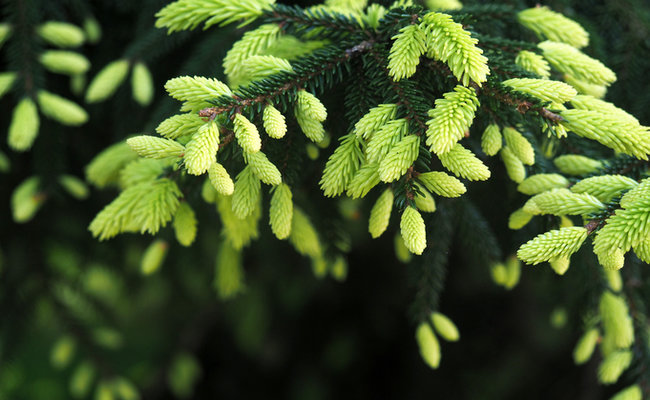Asthma sufferers know how frustrating and difficult asthma can be to treat. While it is important to always keep medication on hand and use it when necessary, there are many natural remedies and approaches that can help reduce the number and severity of asthma attacks, and improve the condition over time. Here are some of my preferred approaches.
Do not use any of these as a replacement for your inhaler or prescribed treatment.
Cut Down on Sugars.Â
Sugar intolerance seems particularly common among asthmatics so it is best to cut out concentrated sugars of all types, including: cane sugar (even unrefined), lactose (in dairy products), corn syrup (which is usually genetically modified and best avoided by everyone anyway), among others. That doesn’t mean you should switch to artificial sweeteners or products made with them as they may aggravate asthma symptoms. Instead, choose organic fruit to satisfy your sweet tooth.
Choose Organic.
Pesticides sprayed on non-organic foods may aggravate asthma symptoms so choose organic foods as much as possible.
Lose the MSG.
The sneaky additive that is found in almost all packaged food, fast food, restaurant sauces and soups, and deli foods is an asthma aggravator. It goes by many different names and does not require labelling (don’t hate the messenger), including: autolyzed yeast, calcium caseinate, glutamate, glutamic acid, hydrolyzed protein, isolated protein, yeast extract, or sodium caseinate, to name a few. The only way to avoid MSG is to make more of your foods at home from scratch.
Drink Up.
Drink more green tea. The beverage contains some potent natural anti-inflammatory compounds, including epigallocatechin gallate (EGCG). Drinking 3 cups daily can be helpful for asthmatics.
Supplement with Quercetin.
If your asthma seems to be triggered by allergies you’ll want to consider taking the nutrient quercetin (up to 1000 milligrams daily).
Ramp Up Your Omega 3s.
The essential fatty acids known as Omega 3s are highly anti-inflammatory. Taking more of these oils found in flaxseeds, hempseeds, chia seeds, raw walnuts, pumpkin seeds, and oils made with any of these foods is a great way to boost your Omega 3s.
Add More Magnesium to Your Diet.
Eat foods high in magnesium, which include: dark leafy greens, almonds, black beans, pumpkin seeds, figs, avocado, and bananas. Since most asthmatics are deficient in this critical mineral, you may also benefit from supplementing with up to 800 milligrams daily.
Pop Some Vitamin C.
Ascorbic acid (vitamin C) is a potent antihistamine and anti-inflammatory nutrient that tends to be depleted during stress, including asthma and asthma attacks. Many people have found that taking 1000 to 2000 milligrams daily helps with the frequency and severity of asthma attacks over time.
Supplement with Vitamin E.
Choose a natural source of vitamin E, known as mixed tocopherols. This powerful antioxidant helps protect the lungs against toxins and their resulting damages. A typical dose is 400 to 800 IU daily.
Breathe Black Spruce (Picea mariana) Essential Oil.
When diffused or diluted and rubbed on the skin, black spruce oil acts as an anti-inflammatory and antispasmodic remedy that may aid asthma sufferers. See the notes on selecting an oil below.
Rub Some Blue Tansy, (Moroccan chamomile, Tanacetum annuum) Essential Oil on Your Chest.
Blue tansy contains chamazulene that has natural anti-allergic and antihistamine properties that may help reduce allergy-induced asthma attacks. Dilute a drop of the oil in about 10 drops of a carrier oil like fractionated coconut oil before applying to your skin. Most of the essential oils sold in pharmacies, grocery stores, and department stores are made of cheap imitations or are synthesized so they have little or no therapeutic properties whatsoever, or worse, they may be harmful. Some have been obtained using harsh solvents and contain these toxic solvents in the final product. Sadly, there’s no good way to tell if the product you are considering is harmful or low quality. Like anything, it is best to choose essential oils made by a reputable company.
Sip Some Coltsfoot or Elecampane Tea.
Both of these herbs help clear out excess mucus from the lungs. Use one teaspoon of either or both herbs per cup of boiling water and let steep for at least 10 minutes. Strain and drink three cups daily. Check with your natural health provider to determine whether these herbs may interact with any drugs you’re taking.
Do not use any of the above remedies as a replacement for medication when you’re experiencing an asthma attack or need an inhaler.









Leave a comment